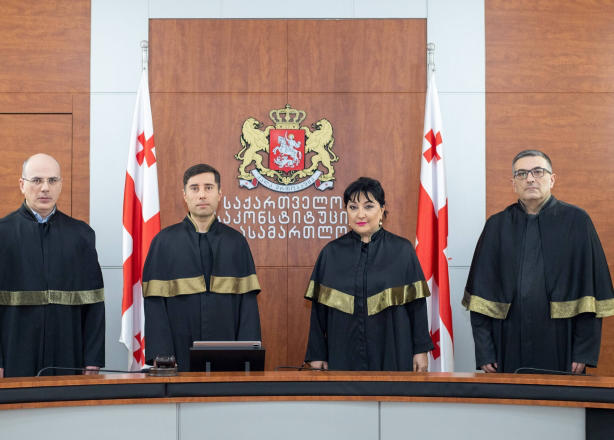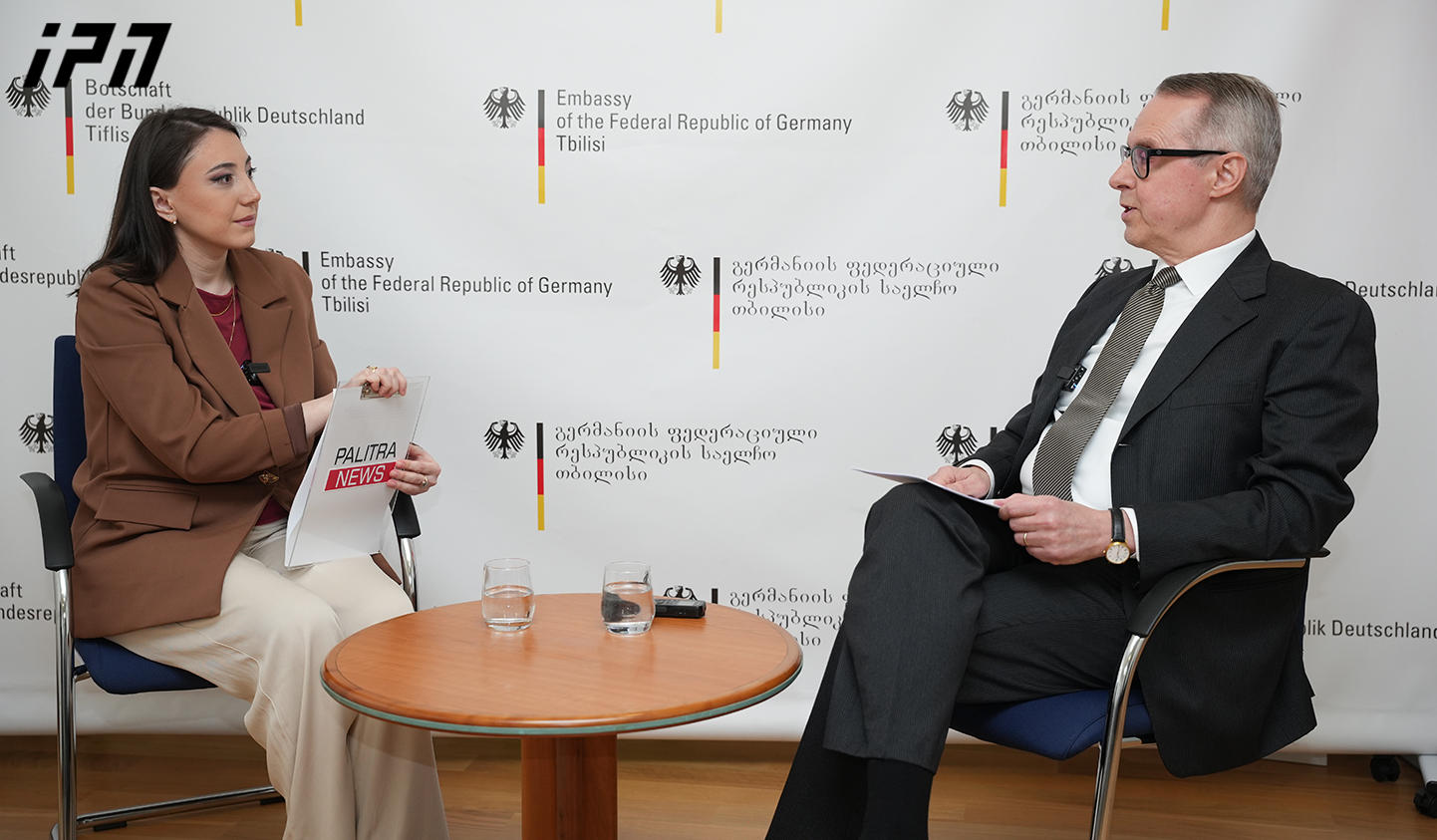The First Chamber of the Constitutional Court of Georgia has partially upheld Constitutional Lawsuit No. 733 against the Parliament of Georgia

On March 6, 2025, the First Chamber of the Constitutional Court of Georgia partially upheld Constitutional Lawsuit No. 733, which was filed against the Parliament of Georgia. This information was released by the Constitutional Court.
According to the statement, the case involves nine plaintiffs who had been convicted under Article 260 of the Criminal Code of Georgia for offenses related to various narcotic substances.
"On March 6, 2025, the First Chamber of the Constitutional Court of Georgia partially upheld Constitutional Lawsuit No. 733 (‘Gela Tarielashvili, Giorgi Kvirikadze, Vladimir Gasparyan, Ivane Machavariani, and others (a total of 9 plaintiffs) against the Parliament of Georgia’).
Article 260 of the Criminal Code of Georgia prescribes imprisonment as a criminal penalty for actions such as the acquisition/possession of a narcotic substance in an amount constituting the threshold for criminal liability, as well as the manufacturing, acquisition, and possession of a narcotic substance/new psychoactive substance in large quantities and by a group acting in prior agreement.
The plaintiffs were convicted for offenses under Article 260 of the Criminal Code of Georgia related to various narcotic substances and new psychoactive substances and were sentenced to imprisonment. They argued that the quantities of narcotic substances/psychoactive substances involved in their cases were extremely small and posed no reasonable or tangible risk of distribution in society, nor any threat to public health and safety. The plaintiffs asserted that mere possession or manufacture of a narcotic substance/psychoactive substance for personal use did not constitute an act of such intensity and danger as to justify criminal liability in the form of imprisonment. They maintained that imposing imprisonment for an act that only endangers the individual perpetrator is unequivocally unconstitutional and equates to a degrading punishment. Based on this reasoning, the plaintiffs argued that imposing imprisonment as a penalty for acquiring, possessing, and manufacturing narcotic substances/psychoactive substances in the contested quantities was in violation of Article 17, Paragraph 2 of the Constitution (as per the version in force until December 16, 2018).
The defendant, the Parliament of Georgia, argued that the contested provisions served legitimate objectives such as protecting public health and preventing the spread of narcotic substances and drug addiction. The defendant claimed that the contested quantities of the narcotic substances in question exceeded single-use doses, thereby posing a risk of distribution in society. Additionally, the defendant contended that individuals who use such substances are prone to aggressive behavior and criminal actions during withdrawal.
Therefore, the defendant maintained that the use of imprisonment as a penalty was a proportionate measure to achieve these legitimate objectives.
The Constitutional Court assessed the constitutionality of imposing imprisonment as a penalty for the acquisition, possession, and manufacture of certain narcotic substances in specific quantities, including morphine (up to 0.4 grams), buprenorphine (up to 0.0149 grams), lysergide (up to 0.000172 grams), methadone (up to 0.3483 grams), heroin (up to 0.2640 grams) for personal use, desomorphine (up to 0.0047 grams) for personal use, and the new psychoactive substance AB-CHMINACA (up to 3.48 grams) acquired and possessed by a group acting in prior agreement for personal use.
The Constitutional Court, considering its established practice, evaluated whether the acquisition/possession and/or manufacture of these substances in the specified quantities posed a threat to public health and safety. The Court examined both the automatic risk of distribution of these substances and their potential to induce dependency or aggressive behavior in users.
Based on expert assessments, the Constitutional Court determined that lysergide in a quantity of up to 0.000172 grams could not a priori be considered an amount that automatically creates a risk of distribution and, consequently, a threat to public health. Furthermore, the Court found it hypothetical to conclude that lysergide use would lead to withdrawal symptoms and subsequent criminal behavior. Thus, the positive effect achieved by imposing imprisonment for this offense was minimal. Accordingly, the Court ruled that imposing imprisonment for the acquisition/possession of up to 0.000172 grams of lysergide for personal use was unjustifiable in the interest of protecting public health and safety.
Conversely, the Court found that the contested quantity of the new psychoactive substance AB-CHMINACA (3.48 grams) was a significantly high dose that objectively posed a real risk of distribution. Consequently, the Court determined that the state was justified in imposing imprisonment for the acquisition/possession of this substance in the specified quantity, as it could not be deemed a manifestly disproportionate punishment.
Expert assessments further established that the contested quantities of morphine, heroin, desomorphine, methadone, and buprenorphine could lead to dependency as well as aggressive behavior in users. The Constitutional Court explained that the use of substances that cause addiction or provoke violent behavior poses risks to public safety. Therefore, imposing penalties for the manufacture, acquisition, and possession of such substances serves the purpose of protecting public safety. To prevent such threats, the state is authorized to apply strict liability measures, including imprisonment.
Thus, considering the public danger posed by the use of these substances, the Constitutional Court deemed the penalty of imprisonment for the acquisition, possession, and manufacture of the specified quantities of these narcotic substances to be a proportionate measure," the Constitutional Court's statement reads.
